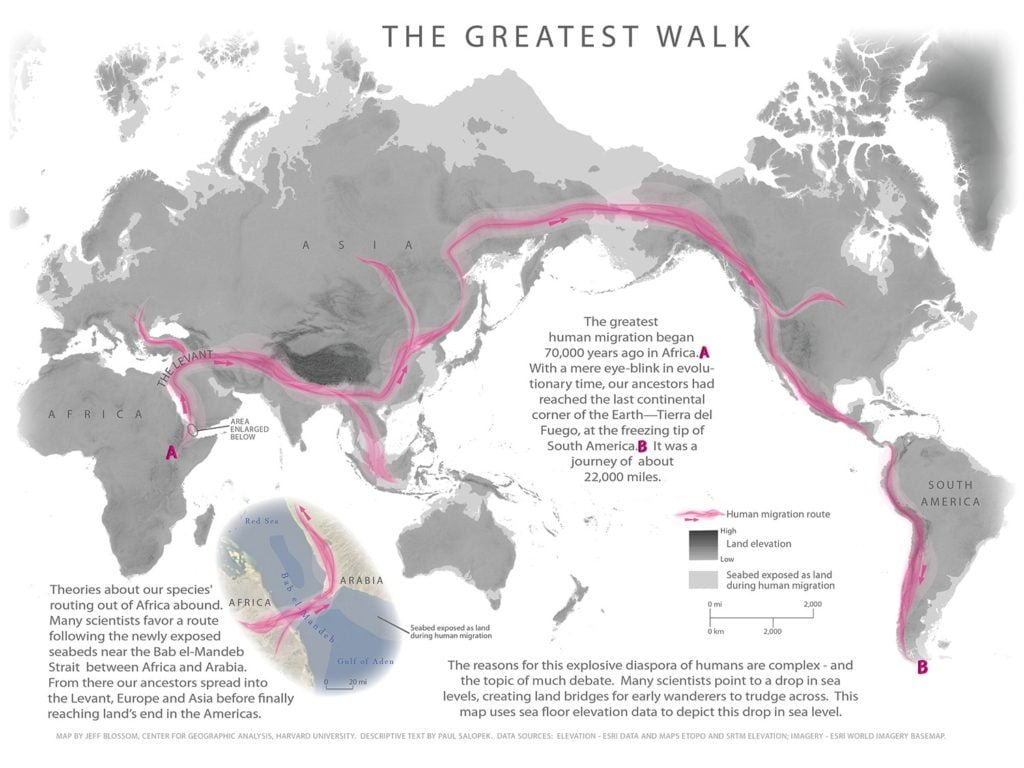People who speak more than one language are fascinating. They provide insight into the power of language and how it shapes the way we think and experience the world. In a recent study, it has been shown that people who speak two different languages experience time differently.
Linguists Panos Athanasopoulos from the Lancaster University and Emanuel Bylund from Stellenbosch University and Stockholm University were able to demonstrate in a study published in the Journal of Experimental Psychology: General, that people who speak two languages fluently think about time differently depending on the language context in which they are estimating the duration of specific events.
We’ve always known that the language we speak influences our worldview in interesting ways. How languages express time is a case in point. English and Swedish, for example, mark the duration of time with terms that describe physical distance (e.g. short break, long wedding, etc.). Spanish and Greek, on the other hand, prefer to mark time duration with terms that have to do with physical quantities (e.g. small break, big wedding, etc.).

Long wedding

Big wedding
The researchers found that bilinguals seemed to flexibly use both ways of marking duration, depending on the language context. This alters how they experience the passage of time. The researchers also observed that speakers would often go back and forth between their languages either consciously or unconsciously, what is commonly referred to as code-switching.
In the study, the researchers asked Swedish-Spanish bilinguals to estimate how much time had passed while watching either a line growing across a screen or a container being filled. Participants were prompted with either the word ‘duración’ (the Spanish word for duration) or ‘tid’ (the Swedish word for duration).
Now here is where things get interesting. When prompted with the Spanish word and watching containers being filled, participants based their estimates on how full the continuers were. They received time as physical volume and they were unaffected by the lines growing on the screen. In the same vein, when prompted with the Swedish words, participants suddenly switched and gave their time estimates in distance, but not with how much the containers had filled.
Professor Athanasopoulos says:
By learning a new language, you suddenly become attuned to perceptual dimensions that you weren’t aware of before. The fact that bilinguals go between these different ways of estimating time effortlessly and unconsciously fits in with a growing body of evidence demonstrating the ease with which language can creep into our most basic senses, including our emotions, our visual perception, and now it turns out, our sense of time.
He adds:
It also shows that bilinguals are more flexible thinkers, and there is evidence to suggest that mentally going back and forth between different languages on a daily basis confers advantages on the ability to learn and multi-task, and even long term benefits for mental well-being.








‘Time’ and ‘duration’ are not the same concept. Also, ‘long wedding’ and ‘big wedding’ are not the same event. I fully agree that bilingualism affects thinking in an important way, but the examples cited do not demonstrate anything yet.
DURATION meaning in English is irrelevant, it is the meaning of it in Spanish which is relevant.
Perceptions of time is not affected by being bilingual or multilingual. A day is a day in any language. Interpreting time, duration, and other temporal aspects is founded and grounded by culture. Language is a tool used by culture. Perhaps research, ‘time’, energy, and funds could be utilized a bit more efficiently than what this article purports to present.